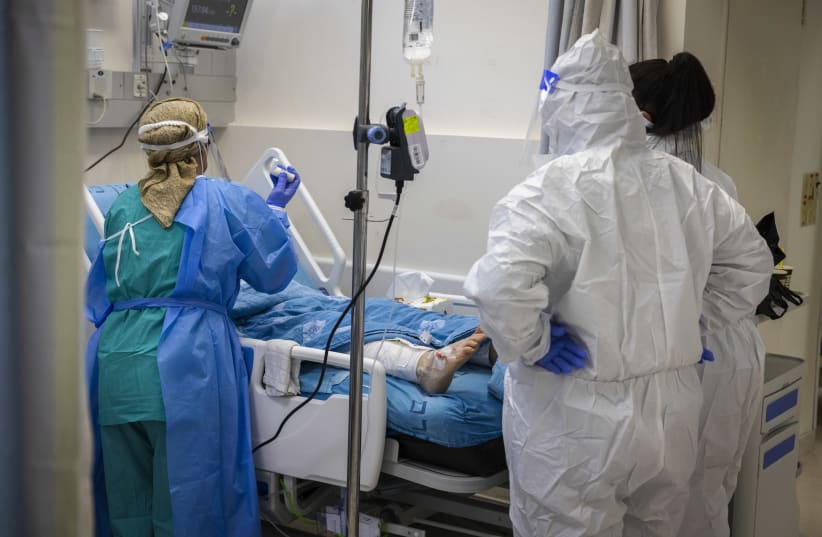A new peer-reviewed study published in the British Medical Journal examined the risk of delayed medical conditions brought on as a result of COVID-19 infection and determined that almost one in three adults aged 65 or older who became infected during 2020 developed at least one new condition during the months following diagnosis.
Medical as well as mental health complications
Many patients experienced complications involving vital organs such as the heart, kidneys, lungs and liver that required medical attention. Mental health complications were reported as well. Conditions that are the consequence of a previous illness are known as sequelae.
The study used data from United HealthGroup Clinical Research Database to examine administrative claims and outpatient lab results for COVID-19 infection. In total, data for 133,366 individuals aged 65 or older who were enrolled in a Medicare Advantage plan were included. All patients had been diagnosed with COVID-19 before April 1, 2020.
Any new conditions that appeared from 21 days post-COVID-19 diagnosis were recorded so that excess risk could be calculated when compared with the data from three other groups whose patients did not have COVID-19.
The three groups included one consisting of patient records from 2019, one from 2020, and another group including records of patients who had been diagnosed with a viral low respiratory tract illness (LRTI).
Results showed that 32 of every 100 patients diagnosed with COVID-19 in 2020 developed at least one new condition that caused them to seek medical attention, an 11% increase from those in the non-COVID-19 group from the same year. The most common conditions for which patients sought treatment were respiratory failure in an additional 7.55 patients out of every 100, fatigue for an additional 5.66, high blood pressure 4.34 and kidney injury with 2.59. An additional 2.5 per 100 patients sought treatment for mental health complications.
While the results when compared to the group from 2019 were similar, the results compared to the group diagnosed with LRTI differed in that an additional 2.39 patients per 100 from the COVID-19 group were seen for respiratory failure, 0.71 were seen for dementia, and 0.18 were seen for fatigue. No other conditions showed increased risk differences.
Understanding the magnitude of COVID-19 risk
“The results confirm an excess risk for persistent and new sequelae in adults aged ≥65 years after acute infection with SARS-CoV-2,” and further highlight the wide range of important sequelae, the study concluded.
The findings can help doctors and other scientists as the number of recovered COVID-19 patients who develop new and persistent conditions continues to increase. “Understanding the magnitude of risk for the most important clinical sequelae might enhance their diagnosis and the management of individuals with sequelae after acute SARS-CoV-2 infection,” the paper states.
“Also, our results can help providers and other key stakeholders anticipate the scale of future health complications and improve planning for the use of healthcare resources.”

